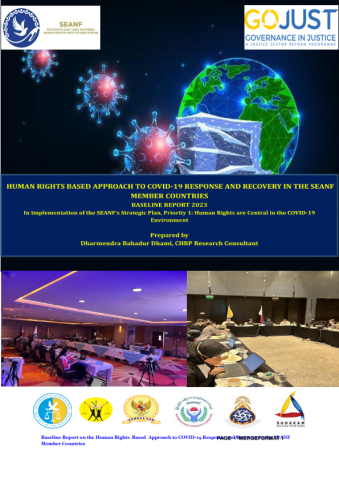Human rights are fundamental rights and freedoms that belong to every individual, irrespective of age, sex, gender, nationality, religion, ethnicity, language, or any other status. They are universal legal protections designed to safeguard individuals and groups from actions or omissions that undermine their fundamental freedoms, entitlements, and human dignity.
As defined, “Human rights are standards that recognize and protect the dignity of all human beings. They govern how individuals live in society and interact with one another, as well as their relationship with the state and the obligations the state has toward them.”
These rights are universal and non-discriminatory, meaning everyone is entitled to them without exception. Key human rights include the right to life and dignity, equality and non-discrimination, health, education, and employment. These rights are inalienable and cannot be suspended under any circumstances, forming the foundation of a just and equitable society.

